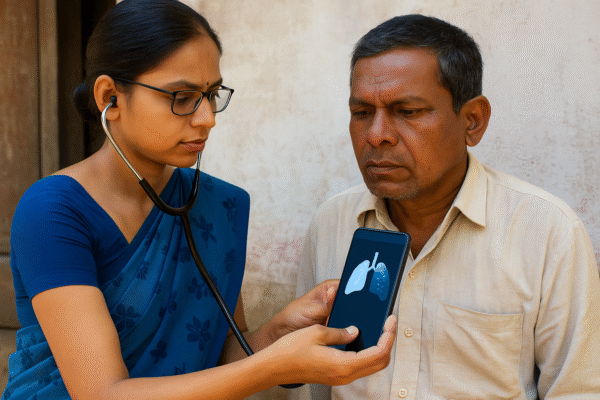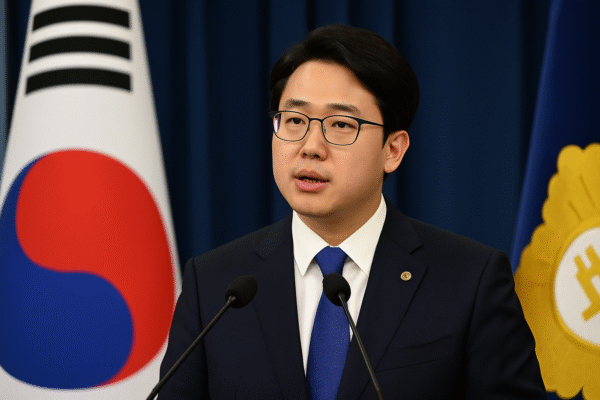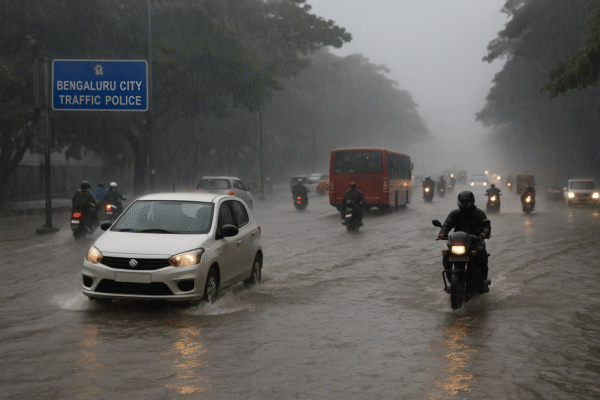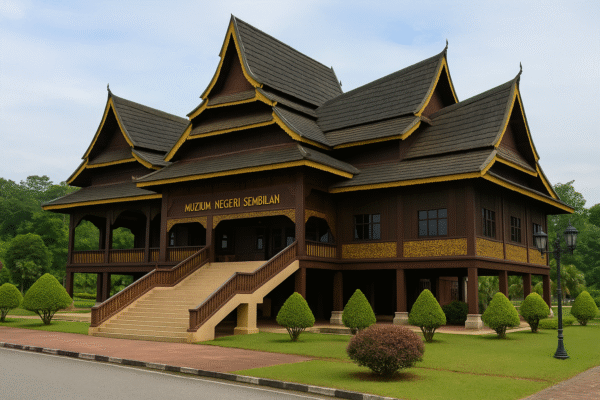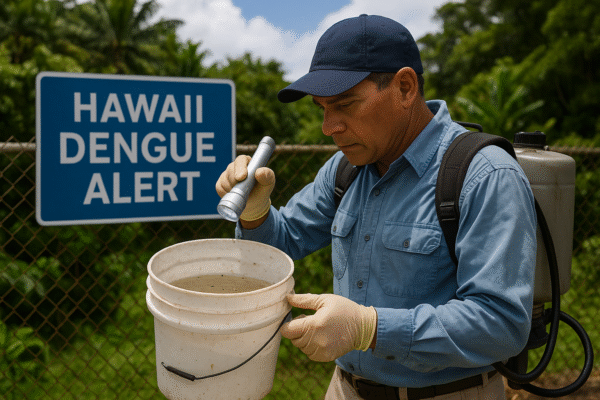In a landmark public-private initiative aimed at strengthening India’s hospitality ecosystem, the Hotel Association of India (HAI) has partnered with the Government of Maharashtra to address key operational challenges and usher in a new era of sustainable tourism development across the state.
This strategic collaboration was cemented during a high-level meeting between HAI officials and Dr. Atul Patne, Principal Secretary – Tourism, Government of Maharashtra. The HAI delegation, led by Dr. Sanjay Sethi, Chairperson of the Maharashtra Chapter, and supported by Deputy Secretary General Mrs. Charulata Sukhija, presented an ambitious roadmap that seeks to empower the hotel industry through regulatory reform, sustainable incentives, and improved infrastructure.
Elevating Hospitality Through Policy Collaboration
The dialogue underscored the shared vision between industry and government for a more competitive, efficient, and inclusive tourism environment in Maharashtra. Both parties acknowledged the potential of Maharashtra’s progressive tourism policy and committed to tackling persistent obstacles that hinder the sector’s growth—particularly those affecting hotels in Mumbai, Pune, Nashik, and emerging destinations like Alibaug and Lonavala.
Dr. Atul Patne emphasized the government’s openness to working hand-in-hand with industry leaders to transform Maharashtra into a premier tourism hub not just in India, but across South Asia.
Resolving the Electricity Tariff Disparity
One of the most pressing issues raised was the high commercial electricity tariffs levied on hotels, which are classified differently from industrial entities. Despite Maharashtra’s earlier decision to categorize hotels as industrial establishments, delays in implementing this change have left many hotels paying inflated power costs—especially for HVAC operations that form a major component of energy use.
HAI urged the state to expedite the rollout of industry-grade tariffs to help reduce operational expenses and unlock more capital for reinvestment into guest amenities, green technologies, and staff welfare.
Streamlining Licensing with “One License One Property”
The Hotel Association of India proposed the adoption of a transformative licensing model titled “One License One Property” (OLOP), which would consolidate multiple licenses—spanning bars, rooftops, poolside venues, restaurants, and event spaces—into a single comprehensive operating permit.
Currently, Maharashtra hotels are burdened with navigating a maze of permissions from various departments. The OLOP model offers a solution to excessive red tape by reducing regulatory overlap, enhancing transparency, and promoting ease of doing business.
If implemented, the model could position Maharashtra as one of the most business-friendly states for hotel development and expansion, potentially attracting more global brands and investors.
Strengthening Fiscal Support and Regional Tourism Equity
The HAI delegation also called for revisions to the fiscal provisions in Maharashtra’s Tourism Policy 2024. These include:
- Extended SGST reimbursements to support long-term viability.
- Enhanced capital subsidies for eco-certified and mid-scale hotels.
- Wage-linked employment incentives to boost hospitality jobs.
- Extra benefits for properties investing in energy-efficient designs and sustainability frameworks.
Such changes would not only benefit major tourism corridors like Mumbai-Aurangabad and Pune-Mahabaleshwar but also promote development in lesser-known regions such as Vidarbha, Marathwada, and Konkan.
By encouraging equitable tourism development, Maharashtra could address urban-rural gaps and elevate underutilized destinations to the national spotlight.
Government Response and Shared Vision
In a positive response to the proposals, Dr. Patne confirmed the government’s commitment to evaluating each recommendation thoroughly. He highlighted Maharashtra’s broader strategy to enhance tourism infrastructure, improve service standards, and attract a diverse set of travelers—from leisure and pilgrimage tourists to MICE (Meetings, Incentives, Conferences, and Exhibitions) visitors.
“The tourism department is aligned with the Hotel Association of India in creating a globally competitive, regulation-friendly, and green hospitality sector,” Dr. Patne said.
He also announced the formation of a joint working committee to evaluate pilot implementation of OLOP and the resolution of electricity tariff anomalies.
A Blueprint for the Future of Indian Tourism
HAI reaffirmed its commitment to working closely with the Maharashtra government to shape a sustainable, tech-forward, and investor-friendly hospitality sector. This move aligns with the national goal of turning tourism into a $1 trillion economy by 2047, as envisioned in India’s tourism growth framework.
HAI’s Maharashtra Chapter will serve as the operational bridge between the industry and the state, guiding hotels through policy updates, fiscal reforms, and environmental compliance. The association aims to support local businesses as they adopt best practices in sustainability, digitalization, and guest personalization.
Conclusion
The collaboration between the Hotel Association of India and the Maharashtra Government represents more than a policy meeting—it’s a forward-thinking partnership that sets the tone for future hospitality success in India. By tackling real-world bottlenecks and providing clear pathways to reform, this initiative is poised to unlock new investment, improve operational efficiency, and position Maharashtra as a leader in sustainable tourism.
With tourism being one of the largest employment generators and a significant contributor to GDP, initiatives like these are not just timely—they are transformative. Through continued collaboration, innovation, and inclusive policymaking, Maharashtra’s hotel sector stands at the cusp of unprecedented growth.
For more travel news like this, keep reading Global Travel Wire


